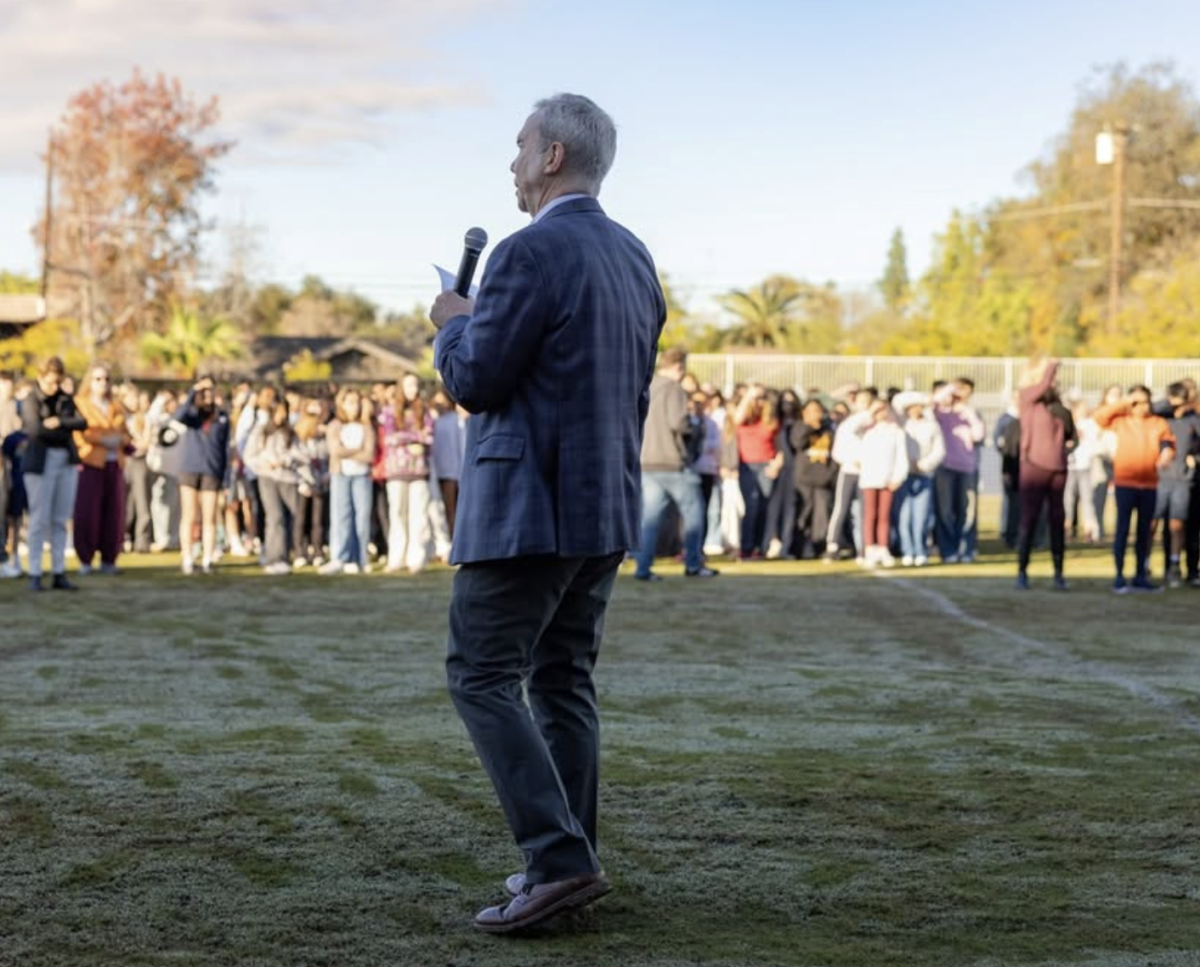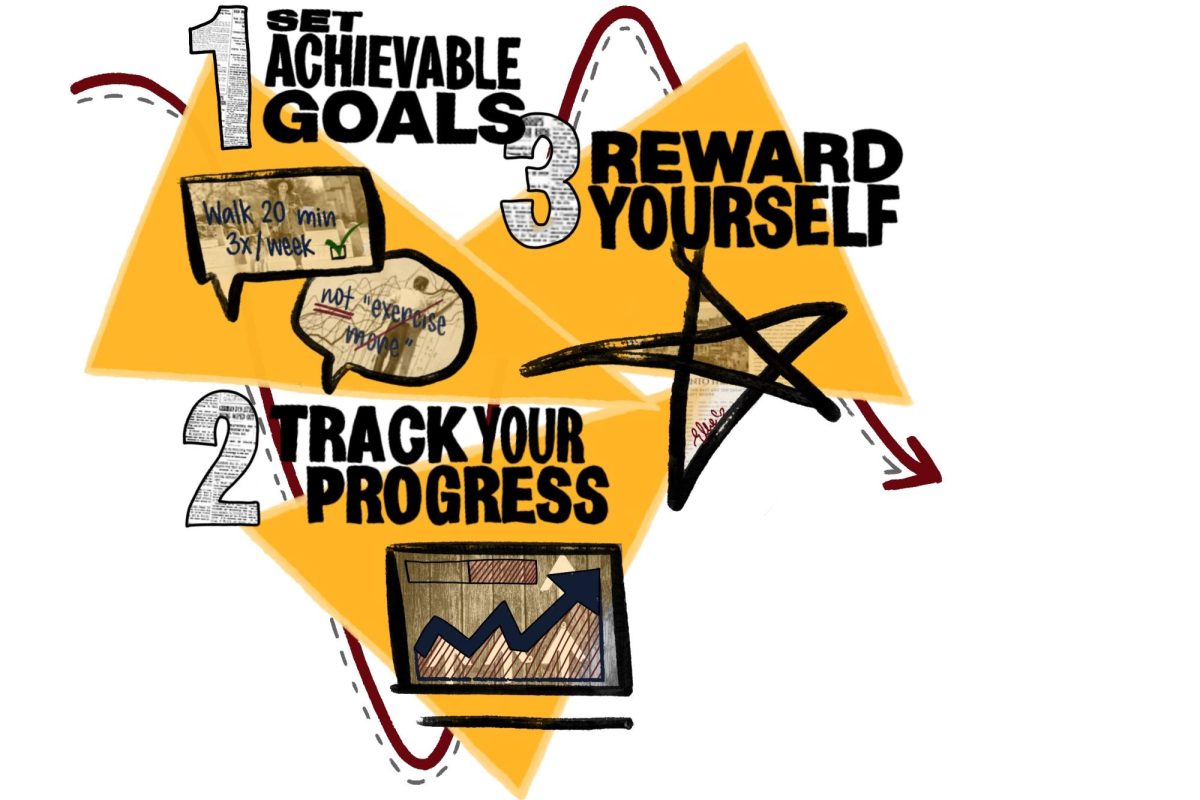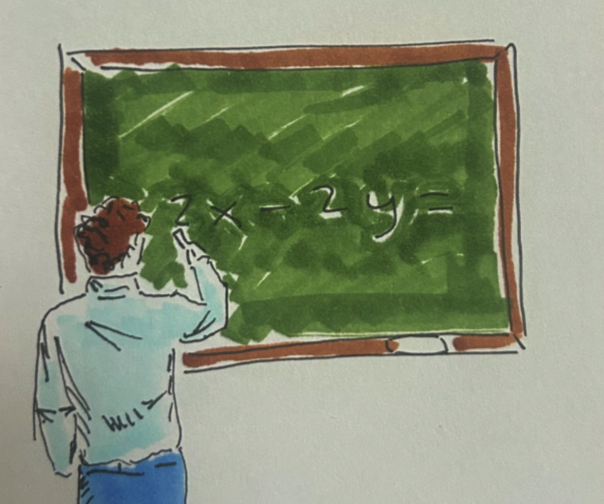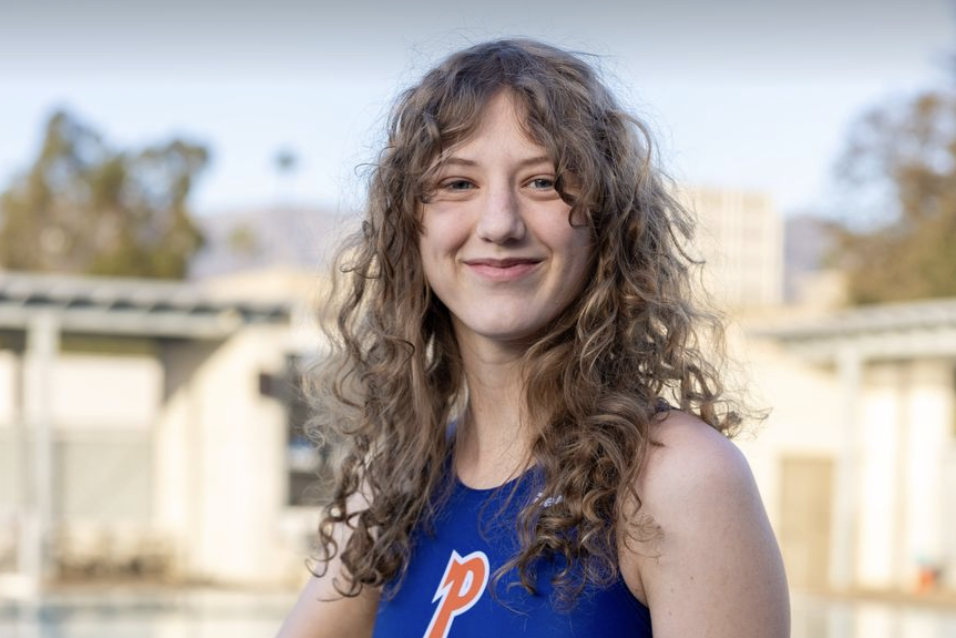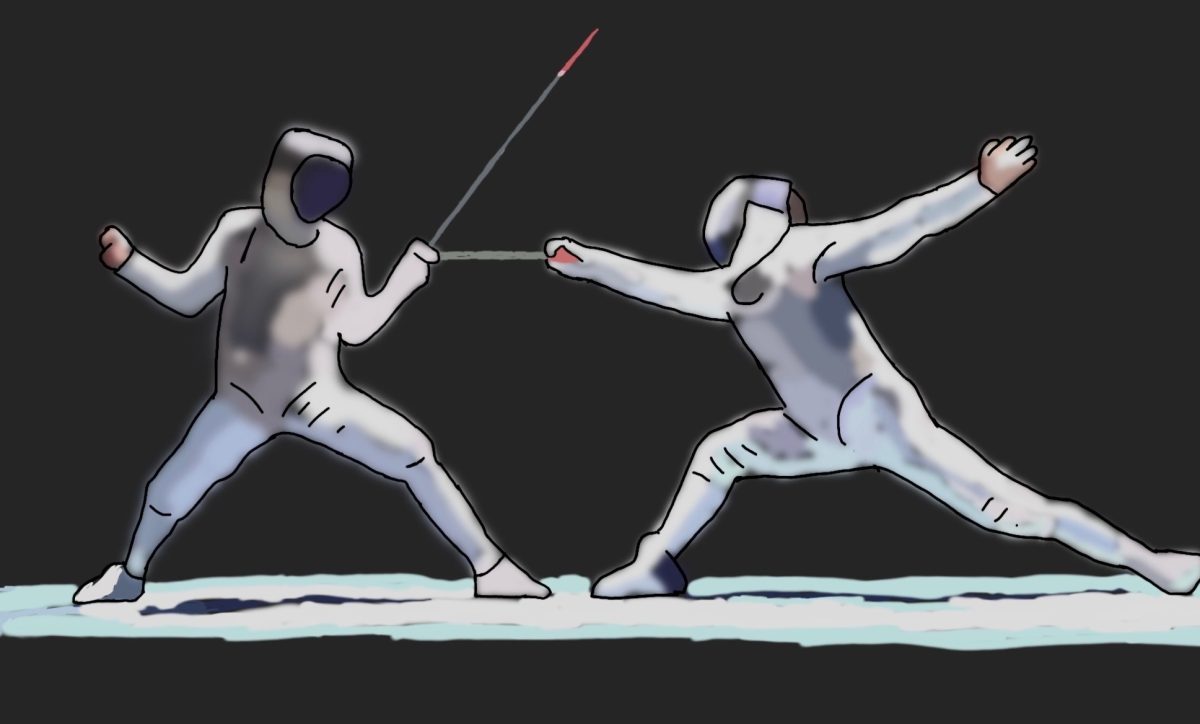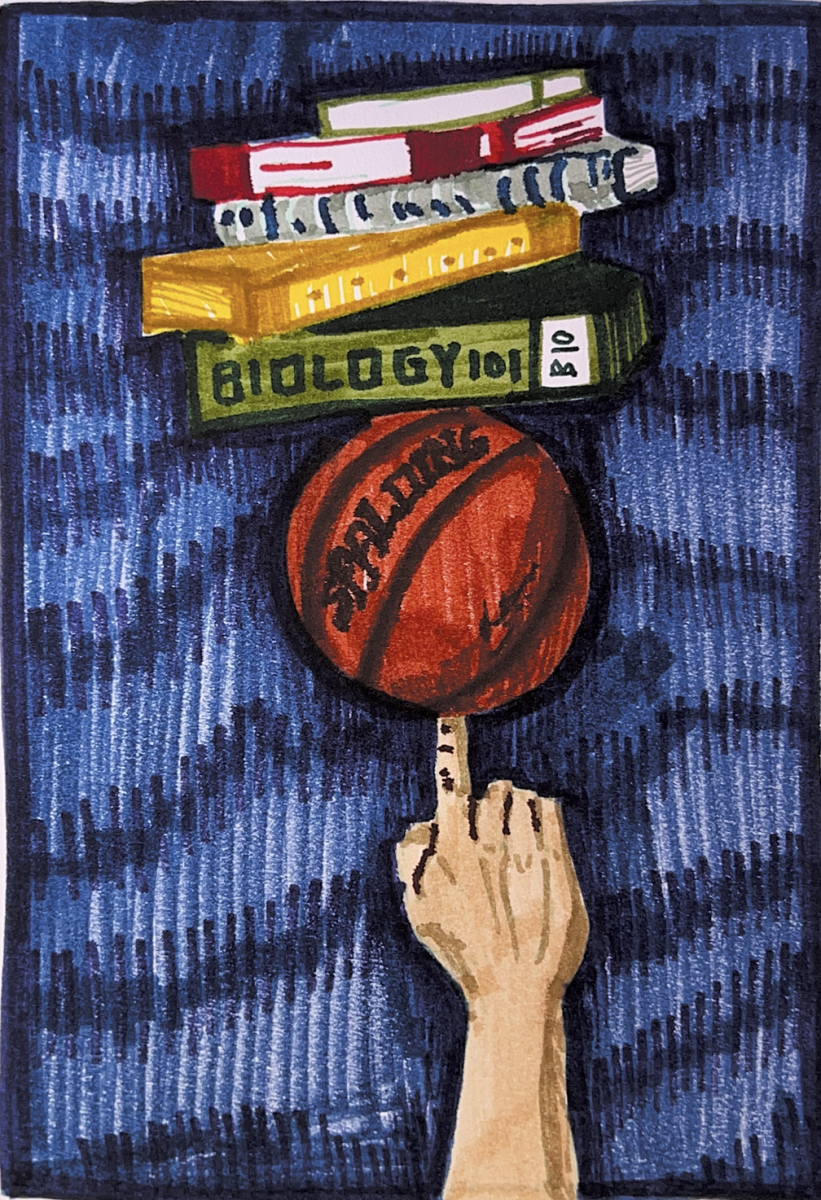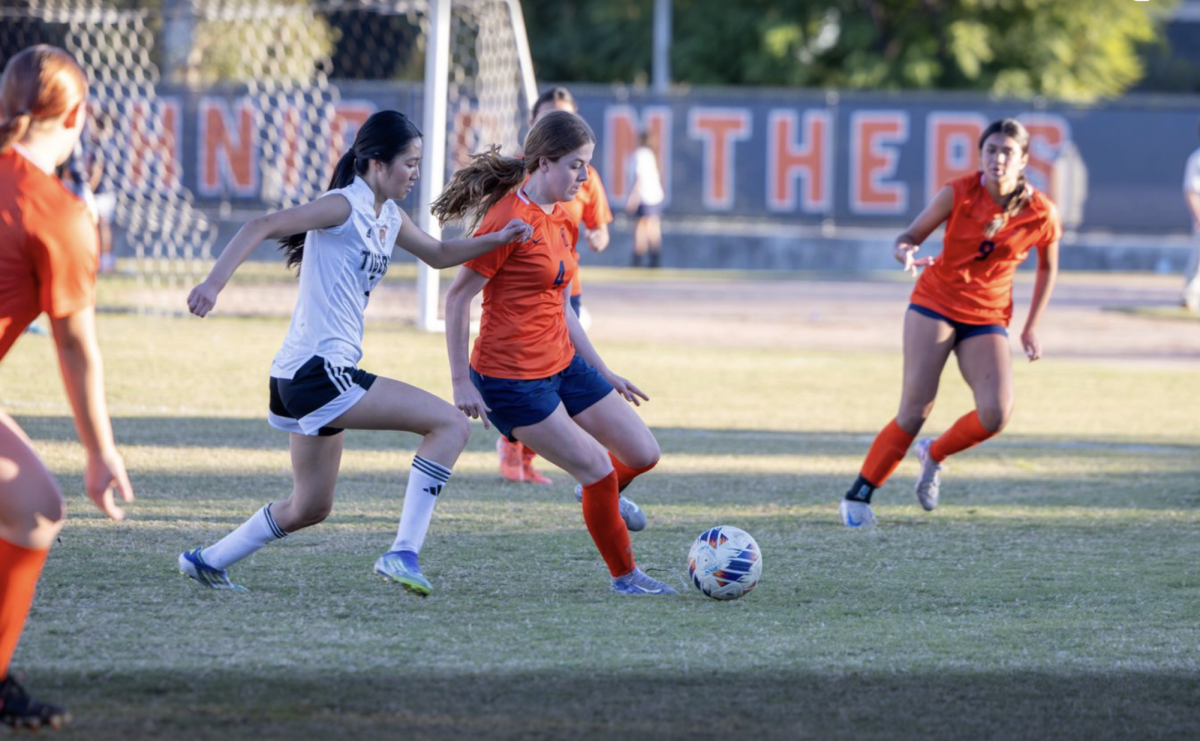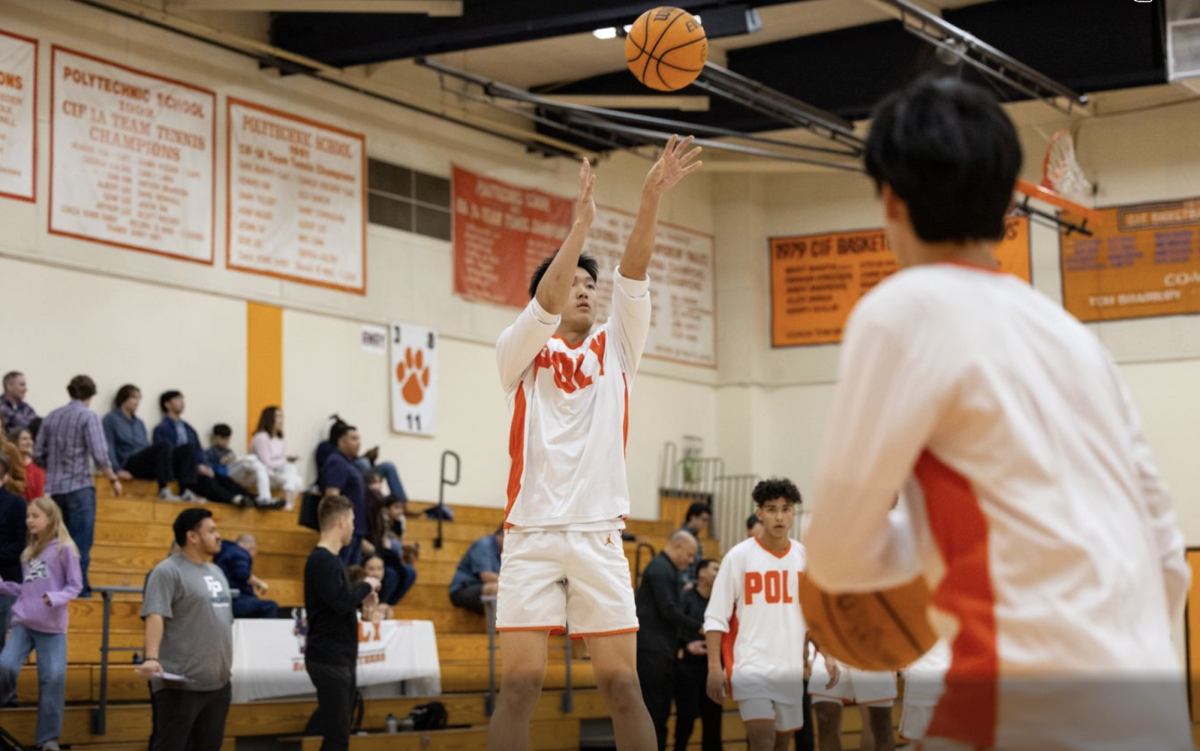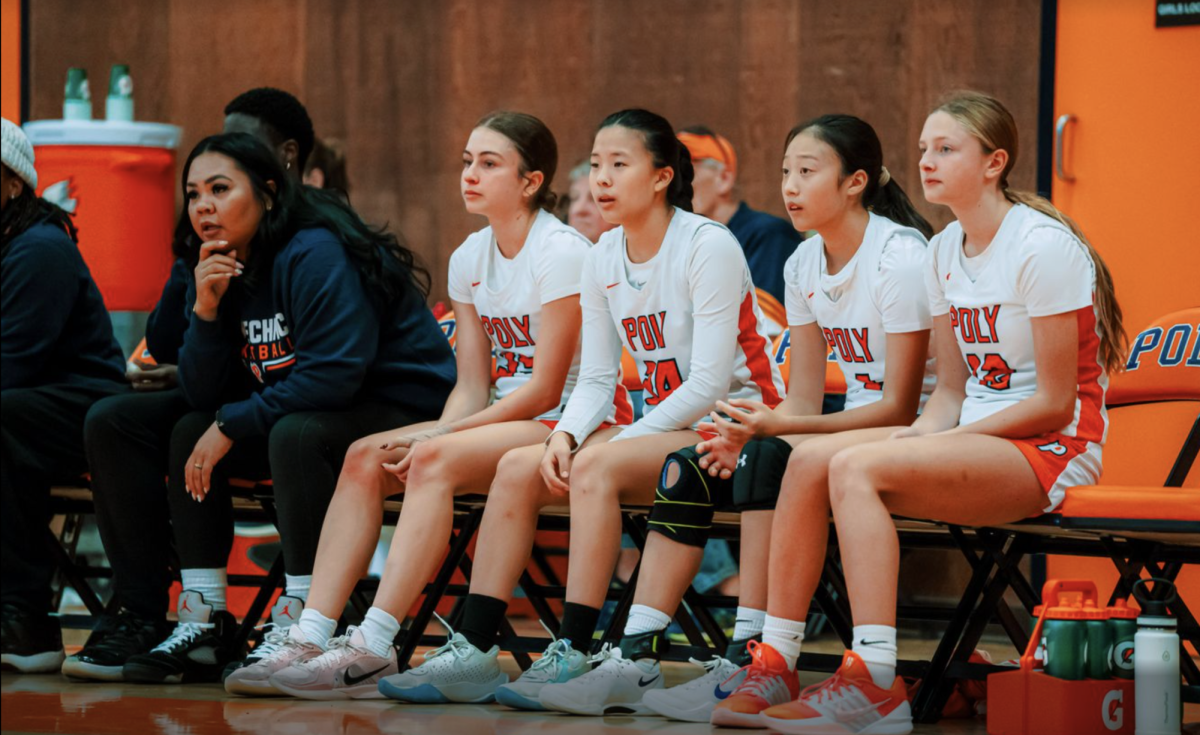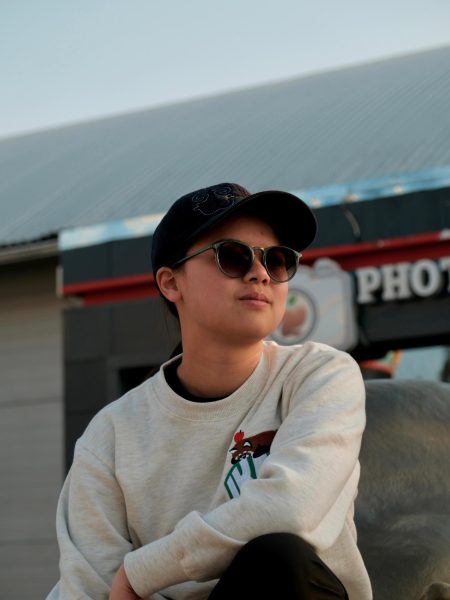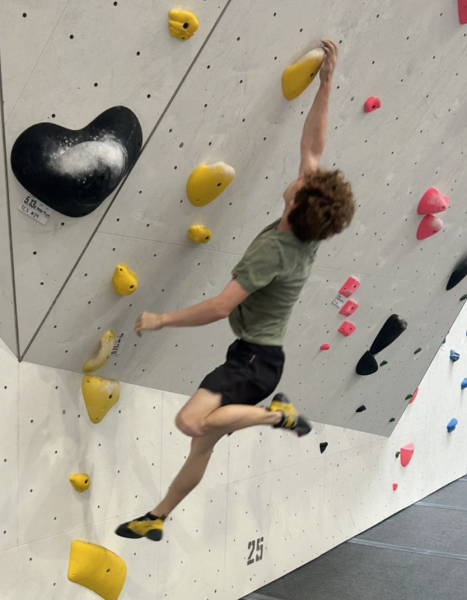
Although they don’t have matching uniforms or a dedicated coach, Poly’s unofficial rock climbing community might just be the school’s most underrated athletes. Despite lacking the recognition of traditional sports, rock climbing has quietly developed a dedicated following among students and faculty alike, raising important questions about how schools can better embrace niche athletic pursuits.
What draws Poly students to this unconventional sport? For sophomore Ryan Kim, it’s the perfect blend of personal growth and social connection. “I find it engaging to try new climbs and continue to push myself,” Kim explains. “It’s a sport where you can see your progress and always challenge yourself. It’s also a space to talk with friends and relax after a long week of school.”
Although climbing is often seen as an individual sport, it has become a meaningful way for Poly students to cultivate a strong sense of community. Sophomore Sylvie Shapiro provides a perspective on the distinct culture climbing offers, explaining the collaborative nature that emerges naturally. “Climbing is a pretty communal sport since you… need someone to belay you, [and]…it’s better to climb when everyone is working on a climb together.”
Senior Cody Converse, also a Poly climber, comments on another reason for his fondness: “Climbing is different from Poly sports because it really isn’t competitive. The only example I can compare it to is surfing or skateboarding, where people do the sport just for the fun of it.” Climbing’s spirit of self-directed enjoyment makes climbing available for those less interested in the competitive aspect of traditional sports. This creates a more inclusive environment where personal growth and passion take precedence over rankings, offering a valuable alternative to the pressure-driven culture of competitive athletics.
Math Department Chair Barry Vargo also sees the value in climbing when compared to Poly’s athletic offerings. “I think it’s a great alternative for those who are less interested in the traditional team sports,” he observes. His perspective highlights a crucial point that not every student athlete thrives in conventional team environments, yet they deserve opportunities for athletic growth and school recognition.
However, there are barriers in making this recognition a reality. Upper School History Teacher Alex Melonas, a recreational climber, recognizes the challenges that may come with adapting the sport to Poly athletics: “The burden of how much we would have to work on climbing to translate that into sports or athletic credits, I think, is the major hiccup.”
Although traditional team sports continue to dominate athletic departments, Poly’s unofficial climbing community demonstrates that students’ passion for sports doesn’t require official approval or the incentive of athletic credit to thrive. Until rock climbing makes it into the mainstream, these athletes deserve recognition for the dedication they’ve displayed as members of a burgeoning community.

